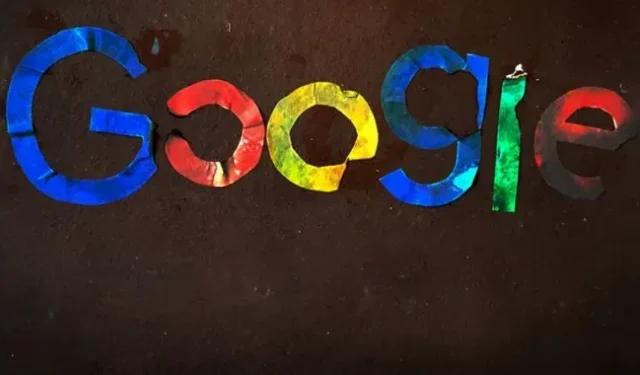The New York Times has a long article detailing Google’s “shock”and “panic”when Samsung recently floated the idea of switching its smartphones from Google Search to Bing. After being the butt of jokes for years, Bing was seen as a growing threat to Google thanks to Microsoft’s OpenAI deal and ChatGPT’s hot generative AI integration. Now, one of the biggest Android makers is threatening to drop Google Search from its new phones, according to a report.
Of course, preset search suggestions are more about money than quality. Google pays billions of dollars annually to be the default search engine for popular products, with deals framed as either “revenue sharing”or “traffic acquisition fees “. Google reportedly pays $3.5 billion a year for default search on Samsung phones, while Apple pays $20 billion a year for default search on iOS and macOS. The report notes that a search contract between Samsung and Google is “under negotiation and Samsung may stay with Google.”
This whole situation could just be Samsung’s negotiating tactic. For the first time in years, Google has a semi-plausible search threat, and Samsung could use that to push Google to increase its revenue share. It’s unclear if Microsoft wants to play here at all. Microsoft is probably paying a lot to integrate Bing with ChatGPT – would it also be willing to pay Google’s multi-billion dollar payments? Samsung and Microsoft have an existing pre-install deal, to the point where it’s common to have an entire “Microsoft”folder preinstalled on the home screen with apps like Office, OneDrive, LinkedIn, and Outlook.
If Samsung did switch to Bing, it wouldn’t be the first time. In 2010, some Galaxy S II models shipped with Bing as their only search engine, and going back to Google wasn’t easy.At the time, Bing was new and ambitious and was actually trying to beat Google’s market share, but after years without any support, it looks like that ship has come to Microsoft. Recently, when Bing raised the hype around ChatGPT to 100 million daily users, Microsoft VP Yusuf Mehdi said, “We are fully aware that we remain a small player with a low single digit share. Still, it’s nice to be in the dance!”It’s like a company that is content to be in a distant second place, not one that has the budget and bravado it would take to really compete with Google Search.


